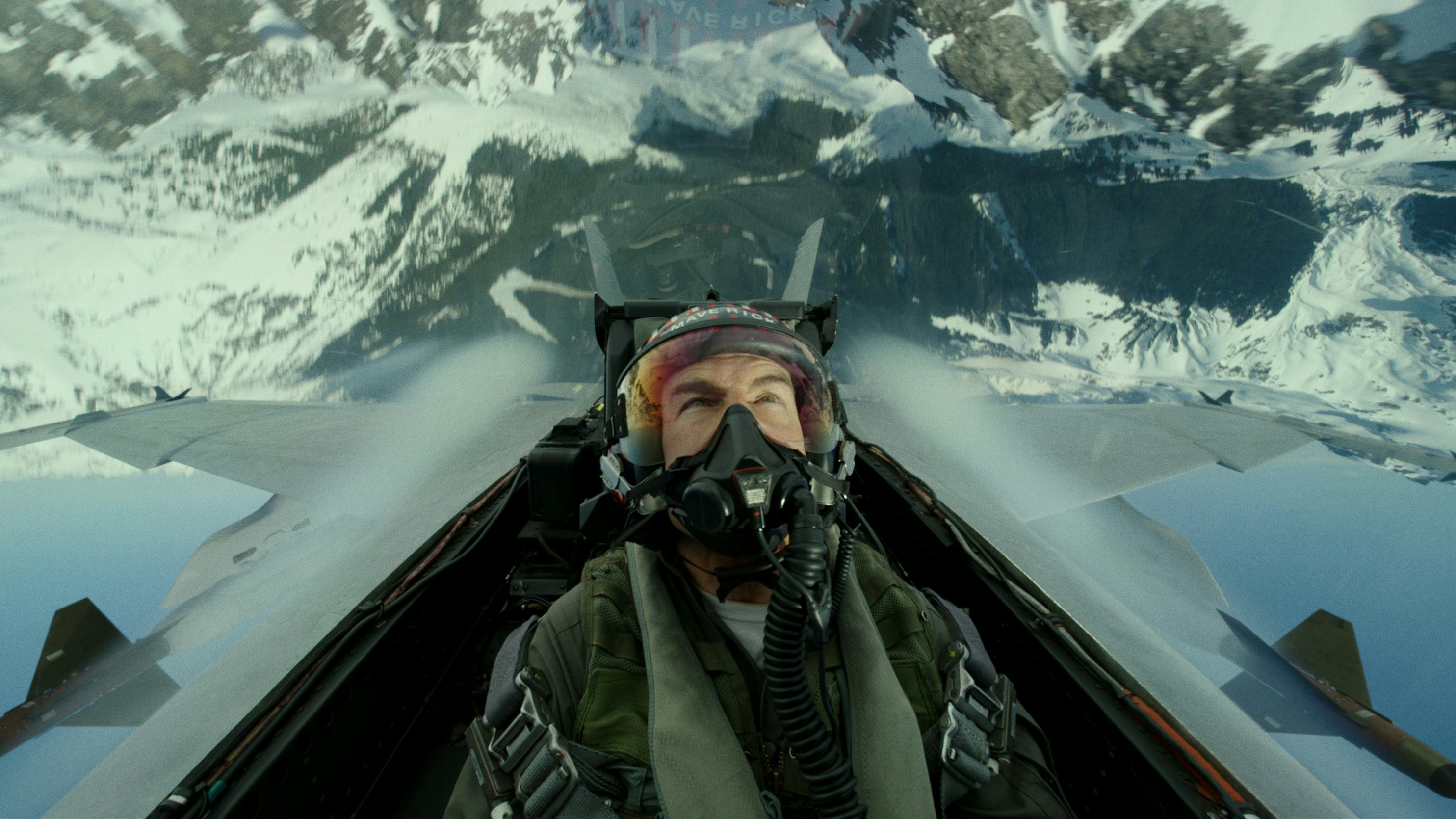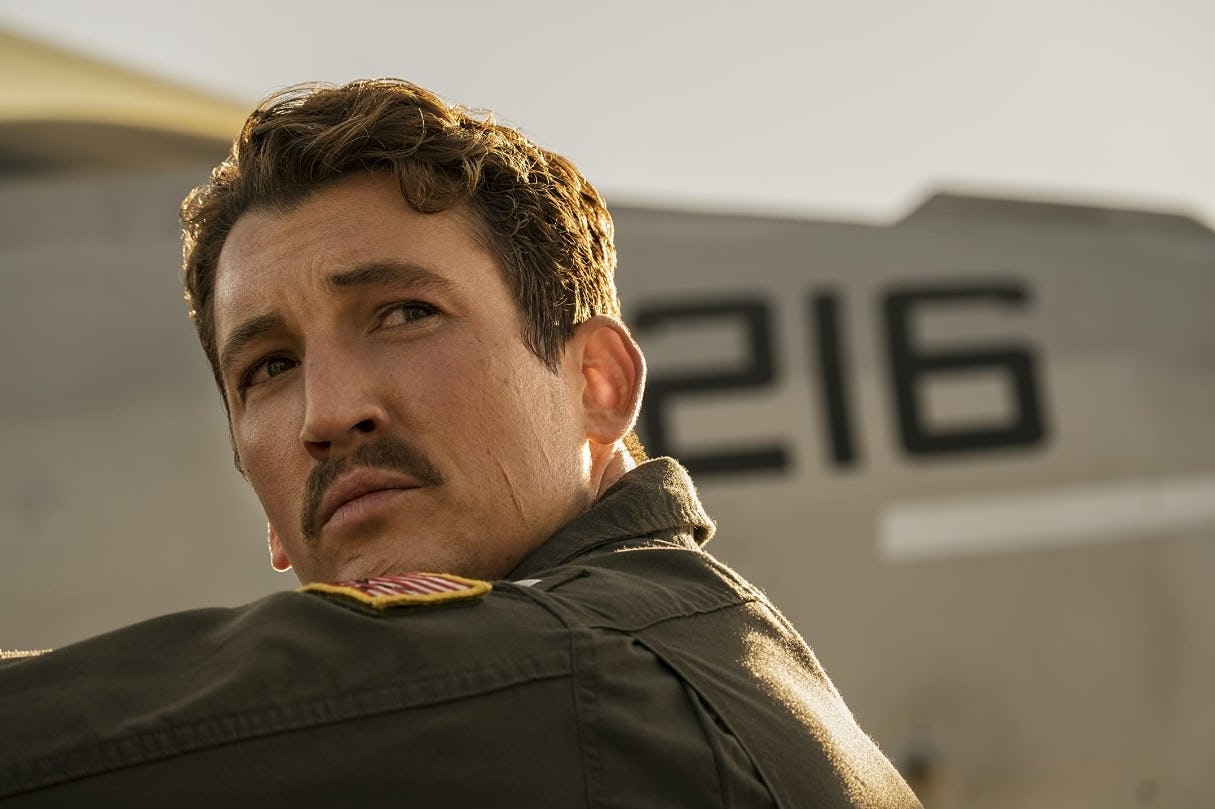
By almost any metric, Top Gun: Maverick was a smash success. It was one of the highest-grossing movies of 2022, a Best Picture nominee, and it received widespread critical acclaim. Anytime a movie earns praise from that many sources, it’s natural for detractors to come out of the woodwork and try to knock it down a peg. Fair enough. Every movie has flaws, and the movies worth thinking about are ones that can handle a little criticism. There’s one line of attack, though, that doesn’t pass the smell test.
Top Gun: Maverick was one of the five movies nominated for Best Adapted Screenplay at the Oscars this year, an unlikely nod given how many more obviously great scripts could have filled its slot. After that nomination, critics were inclined to make fun of the movie’s script, pointing out, for example, that Tom Cruise’s Pete “Maverick” Mitchell literally throws the rulebook out on his first day of teaching. And yet the script for Maverick was always the secret to the movie’s success.
For starters, it’s leagues better than the script for the original Top Gun, which seemed to forget that most blockbusters should have at least something resembling a plot. From its very first scene, Maverick has a plot and a clean thematic throughline. Maverick is recruited to return to Top Gun, a top-shelf naval piloting academy, to train a new generation of all-star recruits for an impossible mission. Thematically, Maverick and the pilots he’s teaching have been told that they’re relics in an era of drone warfare, and they have to prove that the work they do is still worth doing, an obvious parallel to the notion that big-budget movies like Top Gun: Maverick are a dying art form.
That plot may not be revolutionary, but it’s a functional vehicle for all the nostalgia that fans brought to the material. What makes the script worthy of its nomination, though, is how it uses this basic premise to develop several smart relationships between its central characters.
Chief among those is Maverick’s relationship with Rooster, the son of his best friend, Goose, who died in the first film. Maverick has been shielding Rooster from danger throughout his career, and Rooster resents him for it. Rooster is also a thinker, someone who doesn’t recognize that great piloting is about knowing when not to think. It’s not subtle, but it’s the kind of detail that separates a mediocre blockbuster from a $1 billion one.

Maverick’s script is loud, bombastic, and blunt. It’s not shocking or unjust that it lost at the Oscars to the quiet, discursive, and somber Women Talking, but writing a great script for an action blockbuster is its own art. The trick is that Maverick’s script is big in all the right ways and, thanks to help from a capable cast and a sharp director, every emotional swing works.
It also knows how to modulate its tone. The quiet moment between Maverick and Iceman, his one-time rival turned ailing boss, is an early moment that signifies how smart Maverick’s script is about honoring what’s come before while serving the story it’s actually telling. The scene works for the movie, but it also works as a way to honor Val Kilmer for his long career.
That quiet moment is matched by some obvious jokes, lots of flying, and yes, beach volleyball. These characters all feel like people, though, and that’s a credit to a script that knew when to go big and when to get intimate. Maverick throwing the rulebook in the garbage could feel tired and silly in the wrong circumstances. In Top Gun: Maverick, however, the movie is self-aware enough to know that silly can also be deeply satisfying.
Top Gun: Maverick is streaming on Amazon Prime.







